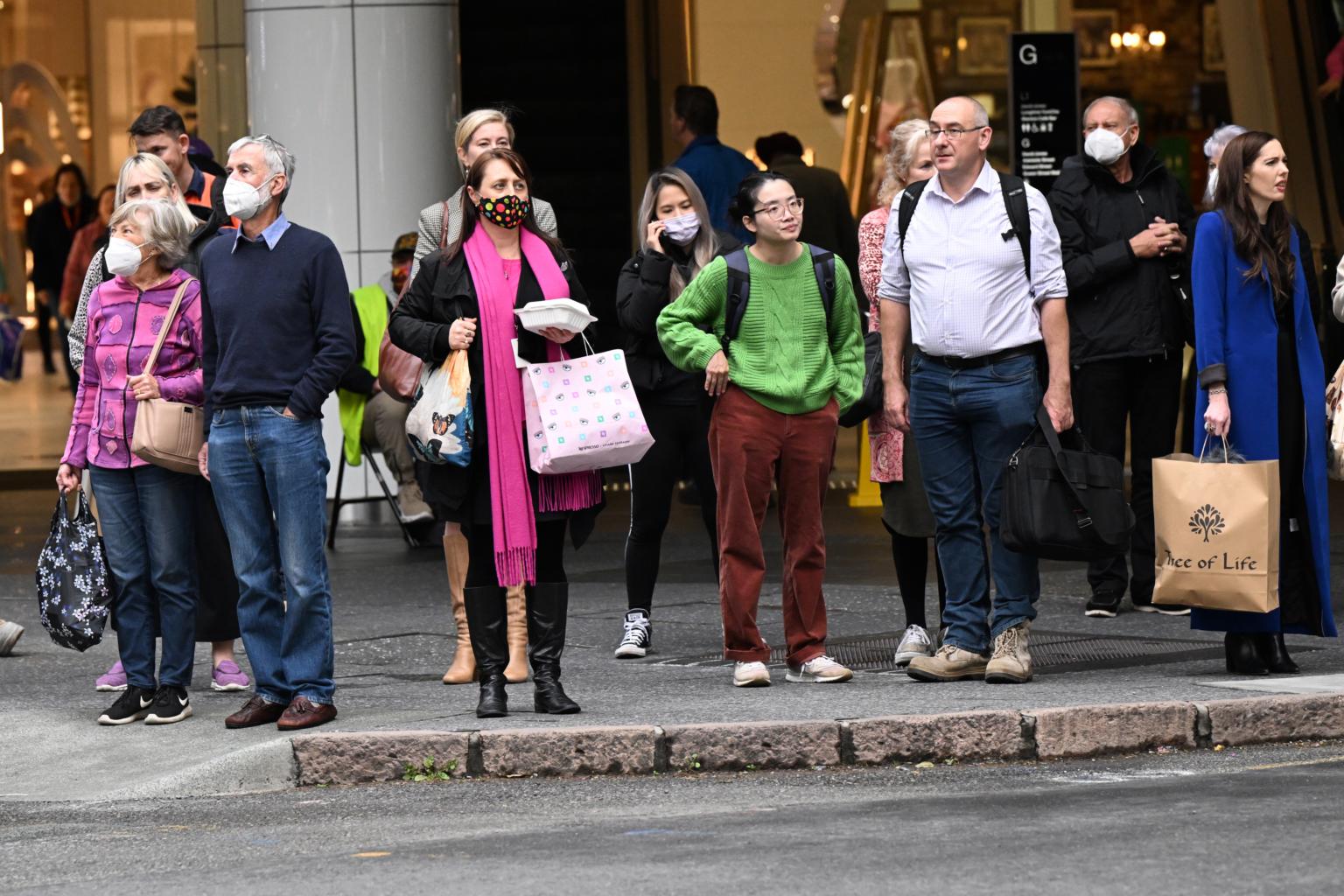Australia's Covid-19 wave at record levels, prompting push to work from home again
Sign up now: Get insights on Asia's fast-moving developments

While some Australian firms have heeded the advice, others have been resistant to allowing staff to work remotely.
PHOTO: EPA-EFE
Follow topic:
SYDNEY - Australia's surging Covid-19 outbreak has prompted debate about whether workplaces should again be encouraging staff to work from home.
As hospitalisations reached record levels last Tuesday (July 26), the health authorities and experts have urged employers to allow staff to work from home if feasible.
The nation's chief medical officer Paul Kelly warned on July 19 that Australia was "at the start of this wave, not the end", and that staff should talk to their employers to see if they can work from home.
"If it's possible for you to work from home during the next couple of weeks, that will make a big difference," he told Channel Seven.
Some of Australia's biggest firms have heeded this advice.
Telstra, Australia's largest telecommunications firm, said it was "strongly encouraging" staff to work from home if they can.
Westpac, one of the country's biggest banks, said it had raised its Covid-19 rating to amber, meaning that employees who can work from home are not required to be in the office.
"This is a temporary measure and employees are still welcome to attend the office if they prefer," said a spokesman.
But some employers have been resistant to allowing staff to work remotely, particularly after finally switching back to normal office arrangements in recent months.
Ms Jennifer Westacott, chief executive of the Business Council of Australia, said the authorities should avoid returning to the work-from-home mandates of earlier Covid-19 waves, saying that such a move would damage the economy.
"With one of the world's highest vaccination rates, whatever we do, we cannot retreat to Delta or early Omicron settings, which will stifle our recovery and cripple small business," she told The Sydney Morning Herald, referring to the Covid-19 variants.
Australia is battling a worsening Covid-19 outbreak that has left it with one of the world's highest rates of cases and deaths per capita. There were 5,571 Covid-19 patients in hospitals last Tuesday, a record for the pandemic.
The average daily number of deaths in the past week was 86, a figure that has been steeply rising and is approaching the peak during the worst Covid-19 wave in January. Almost 95 per cent of residents aged 12 and above have had two vaccine doses, but only 62 per cent have had a booster shot.
The outbreak has prompted some trade unions to start pushing for employers to include the right to work from home in workplace contracts.
Ms Sally McManus, secretary of the Australian Council of Trade Unions, said she supported allowing people the option of working remotely rather than completely switching workplaces to remote working.
"Workers want (a right to work from home), and a whole lot of good employers have adopted it too," she told The Australian Financial Review.
"But it's pretty rare for it to be entirely work from home... (There) are all the things people miss out on - not being part of office culture and the opportunities that happen."
Prominent broadcaster Ben Fordham said on his 2GB radio programme: "Millions of Australians don't want to go backwards... If you want to stay at home, that's your call but most Australians won't be, they can't afford it."
Prime Minister Anthony Albanese has tried to avoid taking sides, saying that employers should be allowed to make their own decisions.
"For some people, it's just not possible to work from home," he told reporters. "But for many businesses, it works for both the business and the employee to have more people working from home."
He added: "It's a matter of getting the balance right."
Health experts believe the current outbreak will peak in August. But if the outbreak proves worse than expected, Mr Albanese may find that "getting the balance right" will require reverting to restrictions that all hoped had passed.

